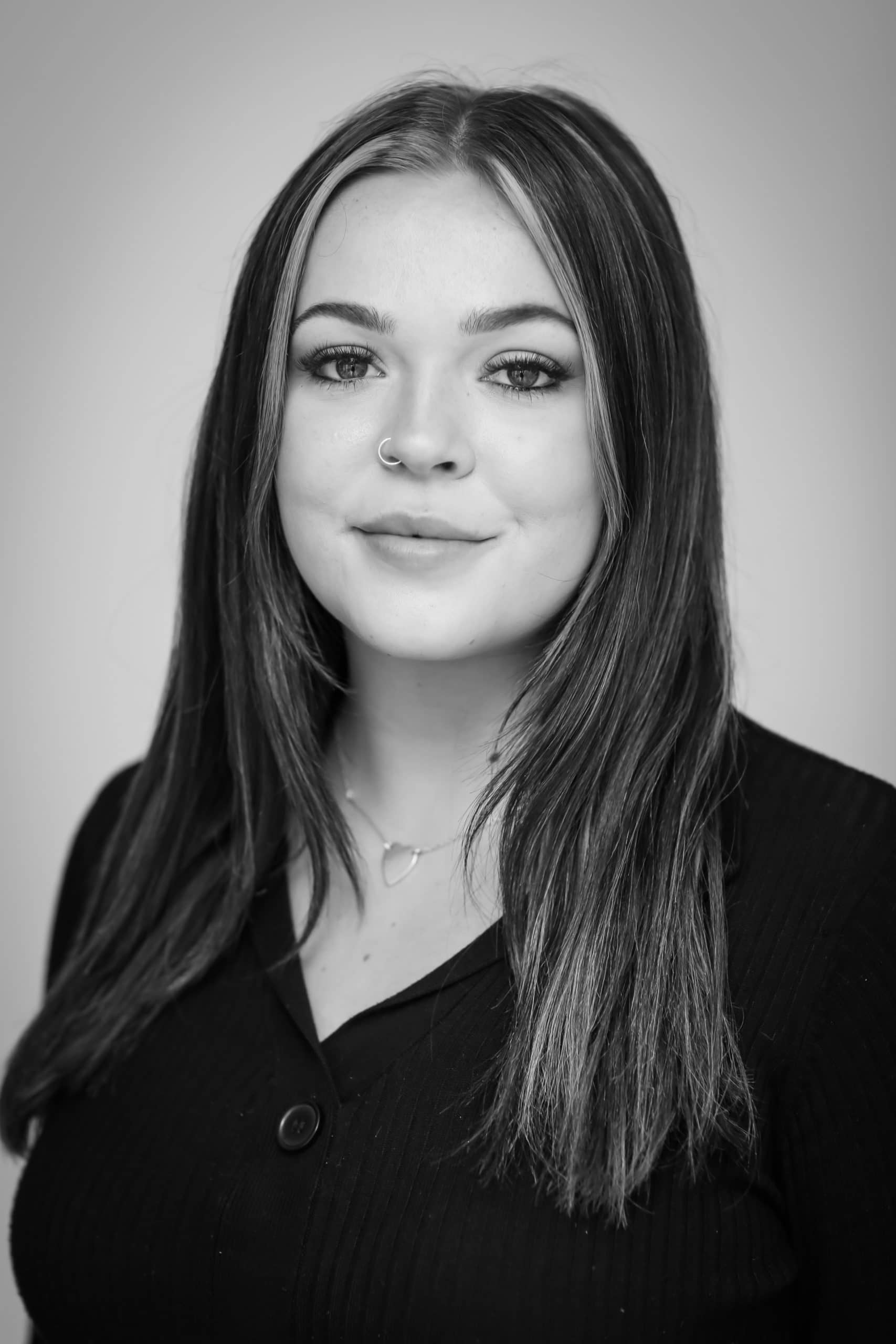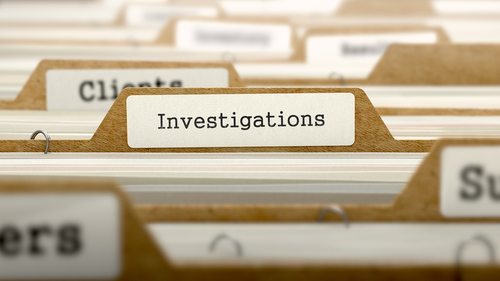Hannah Goodman is a Paralegal in our Clinical Negligence team and has put this helpful guide to inquests to help you navigate this issue should you need to.
An inquest is an investigation into a death which is unexpected, for example when the cause of death is unknown, violent or unnatural. Inquests can be an extremely upsetting process for the families and friends of the deceased to go through, and often the outcome can be quite disappointing. This is because the purpose of an inquest is a fact-finding exercise and is not to apportion blame.
The coroner will decide who should provide witness evidence. These witnesses will be questioned by the coroner and may be further questioned by the ‘properly interested people’ or their legal representatives. Properly interested people can range from relatives of the deceased to anyone who may, in some way, have contributed to the death.
The coroner is tasked with answering four particular questions:
- Who the deceased was;
- When the deceased passed away;
- Where the deceased passed away;
- And usually most importantly, how the deceased came about their death.
The question of “how” is defined as “by what means” and is usually the most difficult to answer. The coroner has a very clear criteria to use to answer these questions.
At the end of the inquest, the coroner will give a conclusion, usually consisting of very few words and families often feel that they have many questions left unanswered at the conclusion of the inquest. Families are encouraged not to focus on the piece of paper provided by the coroner at the end, as the questions explored are often useful and can be used as evidence in a civil claim, for example a medical negligence claim, if appropriate.

Can I claim for Medical Negligence?
Wollens’ Medical Negligence Team are experienced with dealing with these sensitive circumstances and can provide legal advice in relation to inquests and if relevant, any subsequent claim where medical negligence is alleged.
Our specialist solicitors can discuss your injury with you and recommend the best next steps. Hannah Goodman is a Paralegal in the Clinical Negligence and Personal Injury team.
If you need help with this issue contact Hannah today [email protected]
call 01803 225159
Clinical negligence Lawyers – Wollens Solicitors Devon



